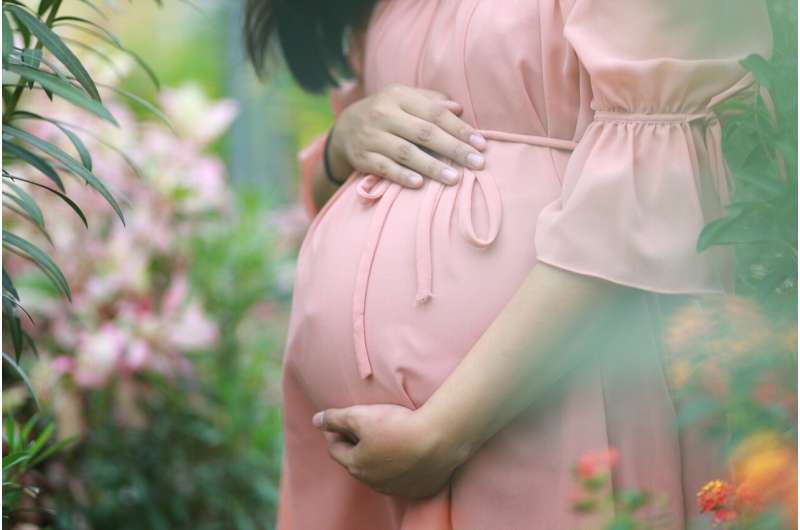Epilepsy medicine during pregnancy associated with increased risk of psychiatric disorders in children


Some types of epilepsy medicine taken during pregnancy are associated with an increased risk of severe psychiatric disorders in children.
This is the conclusion of a comprehensive study of 38,000 children of mothers with epilepsy by researchers from Aarhus University. The research is published in the journal JAMA Neurology.
While it has long been known that some forms of epilepsy medicine used during pregnancy are associated with a risk of birth defects, this new study is the most comprehensive study of children’s mental health so far.
Among other things, the researchers found a worrying link between the antiseizure medication valproat and the child’s risk of developing a number of different psychiatric disorders.
“Our study shows that four out of ten children born to mothers with epilepsy who had used valproat during pregnancy were diagnosed with a psychiatric disorder before the age of 18, and that the drug was particularly associated with an increased risk of diseases such as autism, ADHD and intellectual disability,” explains Jakob Christensen, a professor at Aarhus University and a consultant at Aarhus University Hospital and one of the researchers behind the study.
Warning against several drugs
In the study, 42 percent of children of mothers who used valproat during pregnancy developed a psychiatric disorder before the age of 18. By comparison, only 31 percent of children of mothers with epilepsy who did not take antiseizure medication during pregnancy developed a psychiatric disorder.
The study also shows that children whose mothers took the drugs topiramate or levetiracetam during pregnancy have an increased risk of ADHD and anxiety disorders.
On the positive side, the study shows that frequently used drugs such as lamotrigine, carbamazepine and oxcarbazepine are not associated with an increased risk of psychiatric disorders.
Need for more research
According to Jakob Christensen, the study confirms the existing warning against the use of valproate during pregnancy and also recommends caution with the use of topiramate and levetiracetam.
“Our research emphasizes the importance of understanding the potential harmful effects of epilepsy medicine during pregnancy and the continued lack of knowledge about how different types of medicine can affect the child’s psychological development,” he says and continues:
“Our study shows that there is a need for more research and more accurate risk estimates to help pregnant women with epilepsy and their doctors make informed decisions about the use of medicine during pregnancy.”
The study was carried out across five Nordic countries—Denmark, Sweden, Norway, Finland and Iceland—and it includes children born in the period 1996-2017.
In Denmark, approx. 400 children are born every year to mothers who have taken epilepsy medicine during pregnancy.
More information:
Julie Werenberg Dreier et al, Prenatal Exposure to Antiseizure Medication and Incidence of Childhood- and Adolescence-Onset Psychiatric Disorders, JAMA Neurology (2023). DOI: 10.1001/jamaneurol.2023.0674
Journal information:
Archives of Neurology
Source: Read Full Article